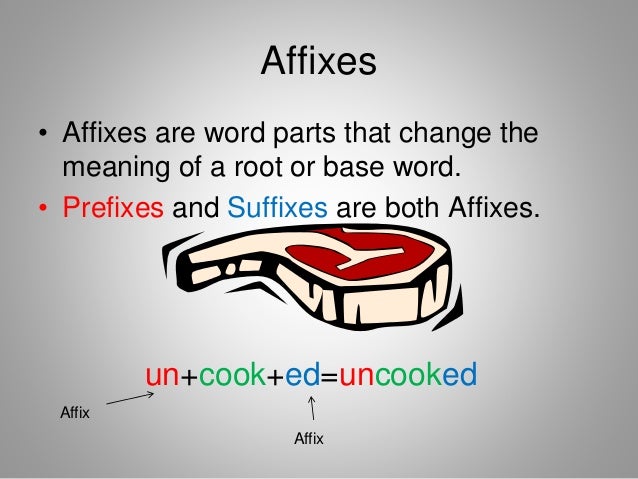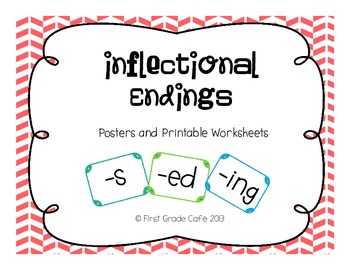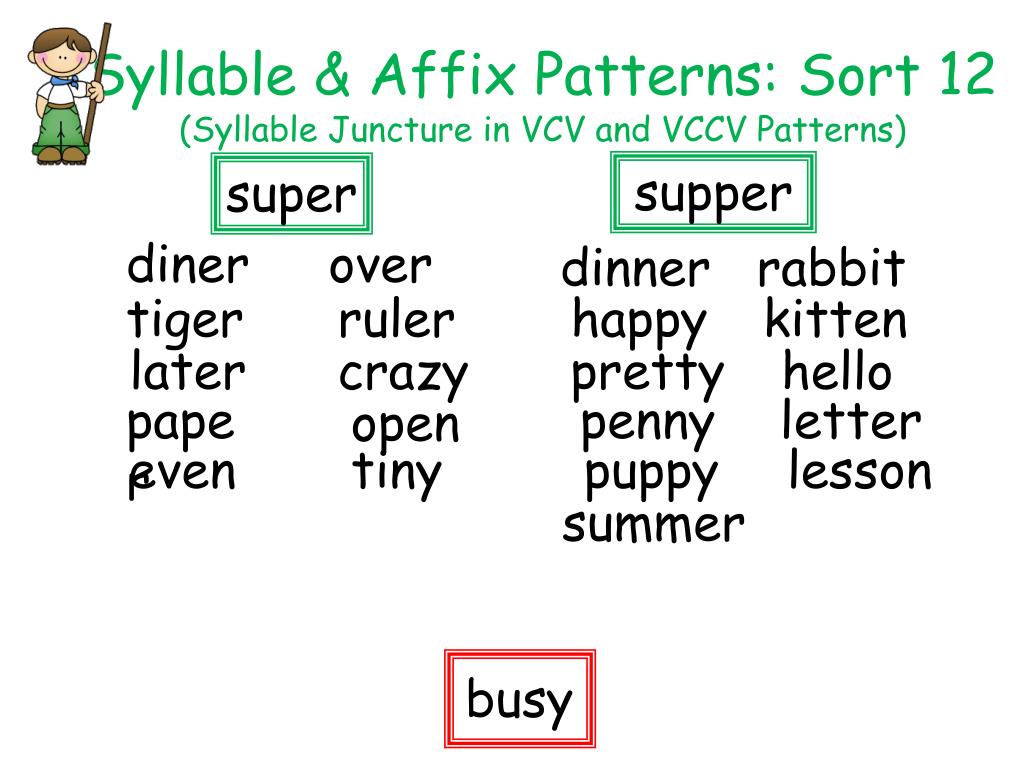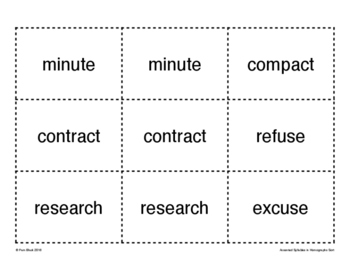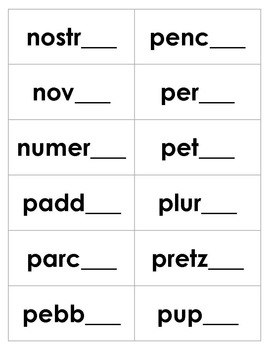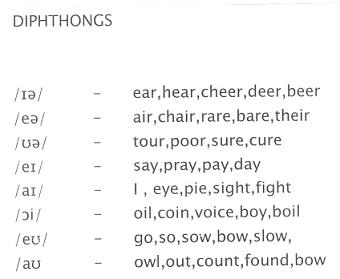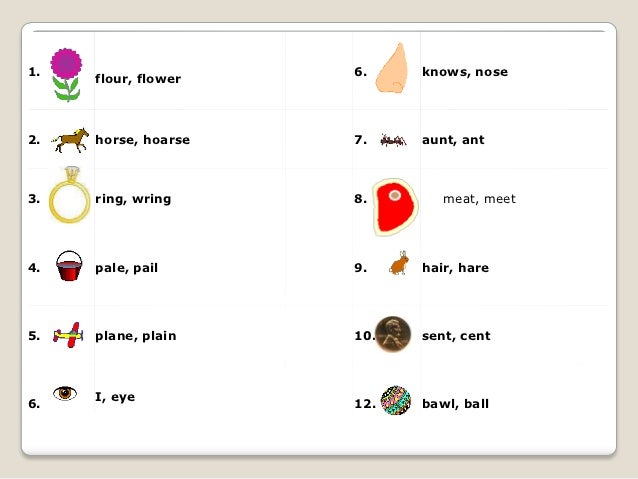Definition:"A strategy in which the meanings of words can be determined or inferred by examining their meaningful parts (i.e., prefixes, suffixes, roots, etc.)"-reading.uoregon.edu
This is important because students can learn to use this strategy to decode unfamiliar word meanings.
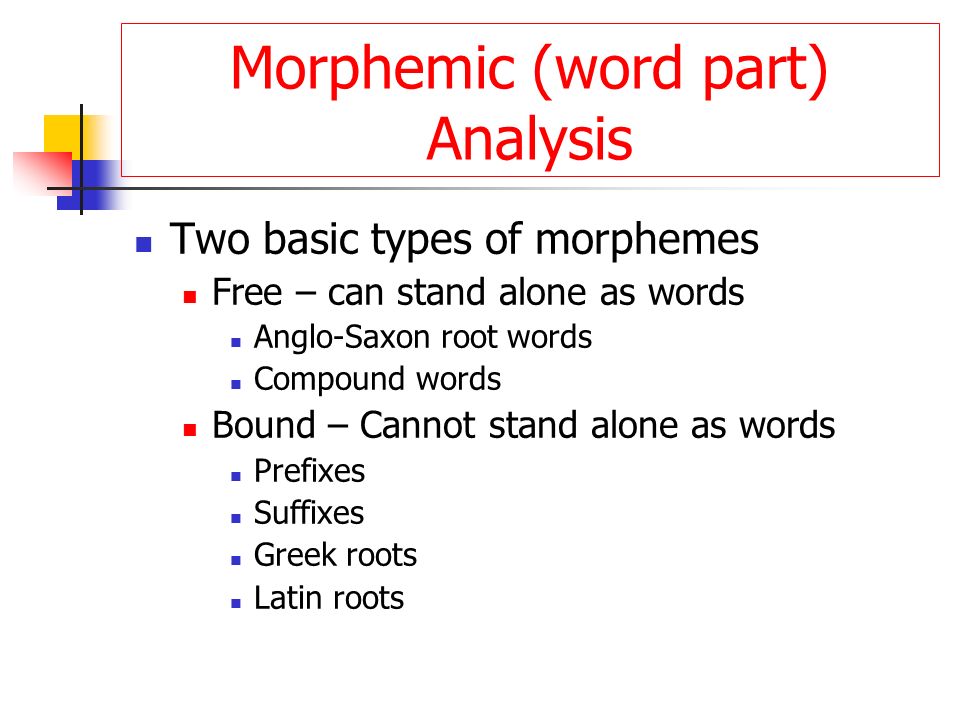
Etymology
Definition:"the origin and history of a word or words, or the study of word origins"-dictionary.cambridge.org
This is important because as the students start getting older, they will start looking at the origins of words and exploring where words came from.

Stem
Definition: "in grammar, the underlying form of a word to which inflectional endings are added"-wordsmyth.net
This is important because this is the main part of the word and students must learn this before the inflectional endings, which will apply to the underlying form of the word(the stem).


Free Morpheme
Definition: "a morpheme (or word element) that can stand alone as a word"-thoughtco.com
This is important because while students are learning about words, they will see words with free morphemes. Students will learn these words by breaking apart the morphemes and understanding what each part means.

Bound Morpheme
Definition: "a word element that cannot stand alone as a word"-thoughtco.com
This is important because these are word elements such as prefixes or suffixes that most words have.

Concept Sorts
Definition: "a vocabulary and comprehension strategy used to familiarize students with the vocabulary of a new topic or book"-readingrockets.org
This is important because this is a great way for students to show what they already know and relate it to the material they will be learning.

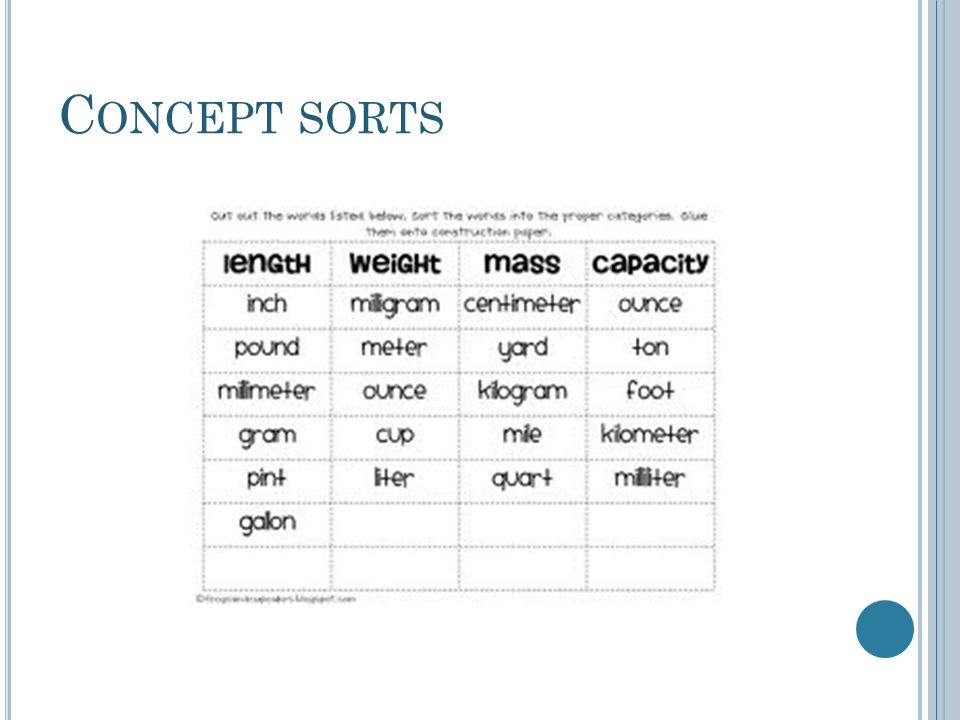
Absorbed or Assimilated Prefix (bonus)
Definition: "disguising of prefix roots"-membean.com
This is important because prefix assimilation expands the vocabulary skills of students.

Consonant/Vowel Alternation (bonus)
Definition: "any sound change within a word that indicates grammatical information(often inflectional)"-en.wikipedia.org
This is important because this is difficult skill for students to learn when learning to read. We, as teachers, must spend more time on words with this concept.
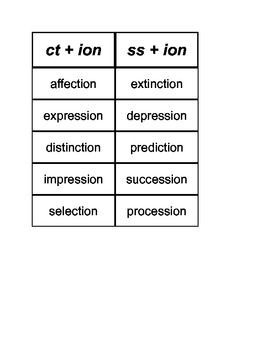

Reduced Vowels (bonus)
Definition: "any of various changes in the acoustic quality of vowels, which are related to changes in stress, sonority, duration, loudness, articulation, or position in the word"-en.wikipedia.org
This is important because to be able to read, students have to know these changes to the pronunciation to words.


